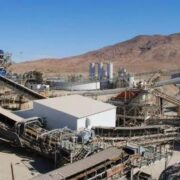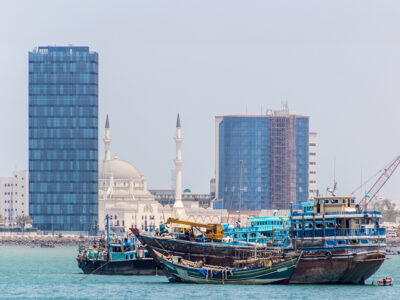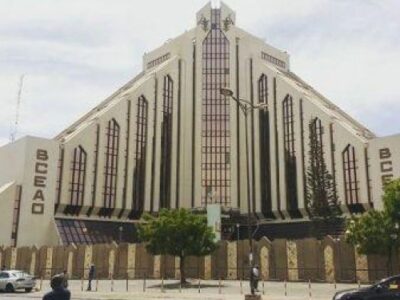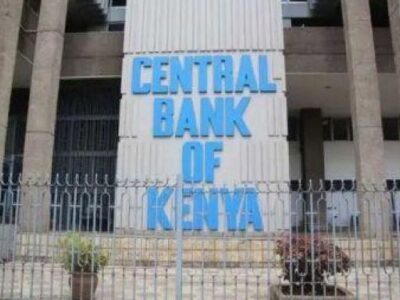
(Ecofin Agency) – At a time when businesses are undergoing profound changes worldwide, Moroccan business leaders plan to invest in transformation programs to improve human resources, operational efficiency, technology deployment, and energy transition.
44% of Moroccan executives believe that their company will not be viable in ten years if it does not transform human capital, operational efficiency, and technology deployment, according to the Morrocan edition of the Global CEO Survey 2023.
The survey, published last April 3, by audit and consulting firm PricewaterhouseCoopers (PwC), surveyed 4,410 business leaders in 105 countries and territories. This edition makes it the first time it surveyed Moroccan business leaders (45 in total).
The percentage of Moroccan executives who believe that preserving the viability of their company over the next ten years requires a profound transformation of the current operating model is higher than the global average (39%) and the European average (33%).
To ensure the sustainability of their companies, those executives say they must invest in transformation programs that address human resources, operational efficiency, technology deployment, and energy transition.
In this context, 72% of them place the improvement of their employees’ skills (upskilling) at the top of their priority investments, ahead of the automation of processes and systems (67%), the deployment of new technologies such as the Cloud, artificial intelligence and the metaverse (53%).
Other investments likely to drive business transformation include adopting alternative energy sources (49%), adjusting the supply chain (44%), and decarbonizing the business model (29%).
Inflation and macroeconomic volatility: main threats to growth
The survey reveals that Moroccan executives are not optimistic about the outlook for the global economy and Morocco’s economic prospects over the next 12 months. 80% of them believe that global economic growth will slow, while 71% expect growth to slow in Morocco.
Despite being pessimistic about economic prospects, most of the executives are optimistic about growth in their respective companies. 73% of respondents are moderately, extremely, or very confident in their company’s expected revenue growth over the next 12 months. This proportion even rises to 93% over a three-year horizon. Nevertheless, they face several threats that could negatively impact their growth.
The short-term (over the next 12 months) threats pointed out are inflation (62%), macroeconomic volatility (49%), geopolitical conflicts (31%), climate change (24%), health risks (24%), cybersecurity risks (13%) and social inequality (13%).
In the longer term (the next five years), about half of the respondents believe that their company will still be highly exposed to inflation. Climate change, however, comes in third place over a five-year horizon. Just 40% of Moroccan business leaders think it will be a threat over the next five years.
To counter the perceived risks, executives are adopting short-term resilience strategies. Sixty percent have already implemented a strategy that involves looking for alternative suppliers. Meanwhile, 56% of them have implemented operating-cost-reducing strategies. Diversification of product/service offerings (49%) comes next on the list of resilience strategies. It is followed by an increase in prices of products or services (47%) and a re-assessment of current projects (44%). In addition, 20% of managers have cut off staff, and only 2% have reduced their employees’ salaries.










Comments